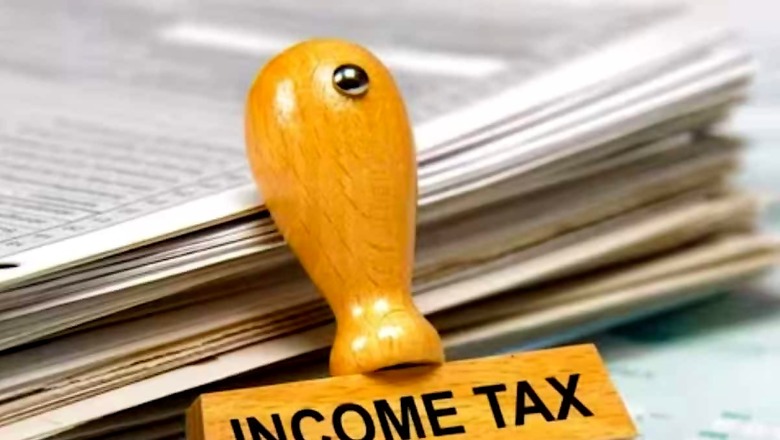
views
Tax Deductions You Can Claim To Save On Your Taxes? Income tax return (ITR) filing for the assessment year 2024-25 (or FY 2023-24) is open until July 31, 2024. During ITR filing, individuals can reduce their tax liability by claiming eligible deductions under the Income Tax Act, 1961. Amarpal S Chadha, tax partner and mobility leader at EY India, suggests some of the lesser-known deductions that can benefit individual taxpayers.
Although the new tax regime provides for limited deductions/ exemptions; under the old tax regime, there are many expenses/ investments that are eligible for deductions/ exemptions. Some of these deductions may not be very popular among the taxpayers but are worth noting as they would provide tax benefits for eligible taxpayers.
Here are a few deductions that may not be popular, but could offer potential tax savings:
National Pension Scheme: Contribution to NPS Tier 1 account is eligible for an additional deduction of Rs 50,000 under section 80CCD(1B). This is in addition to the deduction available for NPS contribution up to Rs 1,50,000 under Section 80C.
Deduction on rent paid: Salaried individuals who are not in receipt of House rent allowance (HRA) or self-employed individuals can claim a deduction towards rent paid under section 80GG subject to prescribed conditions. The amount of deduction will be restricted to the least of the following:
- Rs 5000 per month
- 25% of total income
- Actual rent paid less 10% of total income
For example, let’s say your monthly rent is Rs 10,000 and your annual income is Rs 7 lakhs. In this case, the least amount you can deduct would be Rs. 50,000 (the actual rent paid minus 10% of your total income, which is Rs.10,000 – (10% of Rs.7 lakh) = Rs.10,000 – Rs.70,000 / 12).
Medical expenditure incurred for senior citizen parents: While many taxpayers are familiar with the deduction available for medical insurance premium paid for self, spouse, dependent children and parents, it is worth noting that medical expenditure incurred for senior citizen parents who are not covered under any insurance policy is also eligible for deduction upto Rs 50,000 per financial year under section 80D.
Expenditure on preventive health check-ups: An individual taxpayer can claim a deduction under section 80D towards expenses on preventive health check-ups for self, spouse, dependent children and dependant parents. Deduction is subject to a limit of Rs 5,000 per financial year.
Deduction in respect of purchase of electric vehicle: An individual taxpayer is eligible to claim deduction up to Rs 1,50,000 under section 80EEB with respect to interest paid on loan taken from financial institutions for purchase of electric vehicle. The deduction is available if the loan is approved between January 1, 2019, to March 31, 2023.
Apart from these, Donations made to certain charitable institutions or funds are eligible for deduction under section 80G and the amount of deduction varies depending on the type of funds/institutions as well as the eligible rate or percentage of contributions.
More over, Section 80C (PPF, EPF, ELSS, NSC), Section 24 (home loan interest), Section 80E (education loan interest) and House Rent Allowance are some of the popular tax deductions available under the Income Tax Act, 1961.
Don’t miss out! File your ITR before the deadline (July 31st) and claim these lesser-known deductions to reduce your tax bill.


















Comments
0 comment